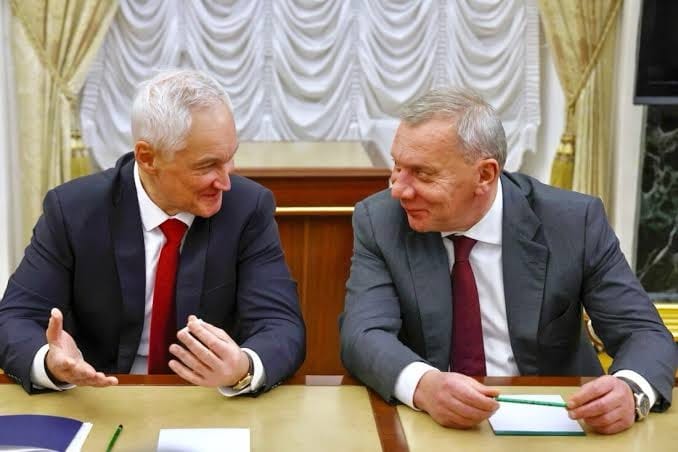NATO, Ukraine to meet after Russia’s hypersonic missile strike
NATO and Ukraine are set to hold emergency talks following Russia’s deployment of a new hypersonic missile on Thursday.

NATO and Ukraine are set to hold emergency talks following Russia’s deployment of a new hypersonic missile on Thursday. The missile struck a military facility in Dnipro, intensifying the nearly 33-month-long conflict.
Polish Prime Minister Donald Tusk described the situation as “entering a decisive phase” and “taking on very dramatic dimensions.”

The missile, identified as the Oreshnik, is an intermediate-range hypersonic weapon that Putin claims renders Western air defense systems powerless. “No one in the world has such weapons,” Putin boasted, confirming that Russia is ramping up production of the missile. With a speed reaching Mach 11, the Oreshnik carries six nonnuclear warheads, each releasing multiple submunitions upon impact, a feature designed to maximize its destructive potential.
Ukraine’s parliament canceled its Friday session amid tightened security following the attack on Dnipro’s Pivdenmash military plant, a vital site for Ukraine’s defense infrastructure. The attack left no fatalities, but it raised serious concerns about Russia’s growing arsenal of advanced weapons, including the possibility of the Oreshnik being used in future strikes across Europe.
Kremlin spokesperson Dmitry Peskov blamed “reckless” Western decisions in supplying Ukraine with weapons, while Hungarian Prime Minister Viktor Orbán echoed Moscow’s narrative, warning that U.S. involvement in guiding missiles could escalate tensions further. Czech Foreign Minister Jan Lipavský condemned the strike as an “escalatory step” and reiterated support for additional air defense systems for Ukraine.
As Kyiv continues to brace for further missile threats, the international community watches closely, with NATO’s emergency talks now seen as pivotal in determining how the West will respond to this new phase in the war.














